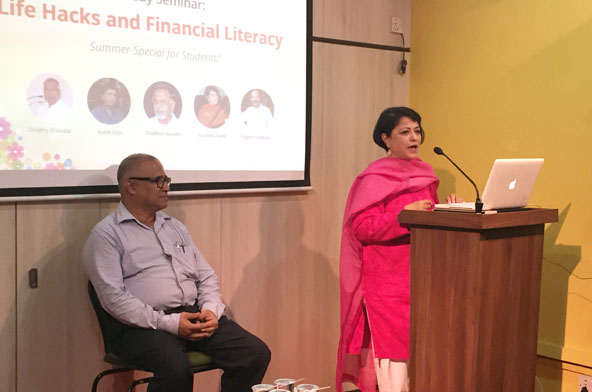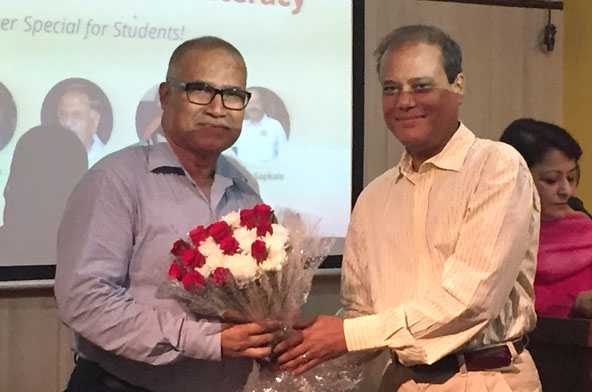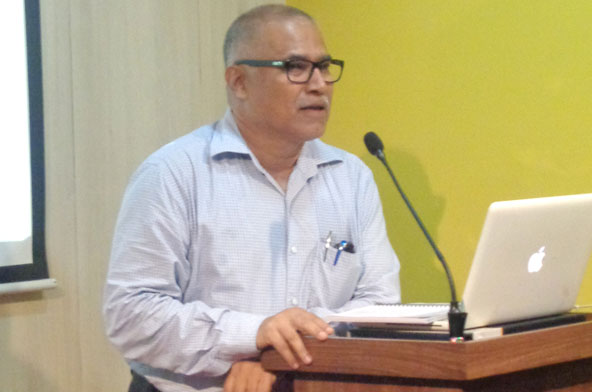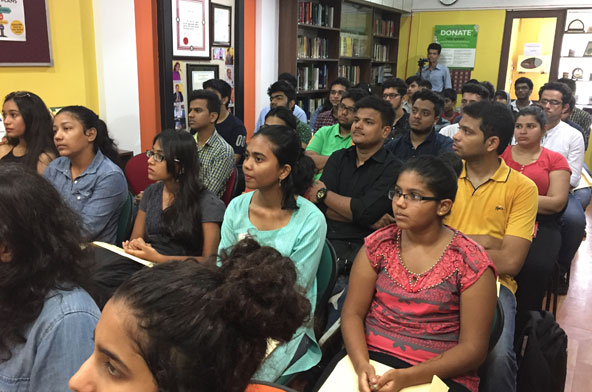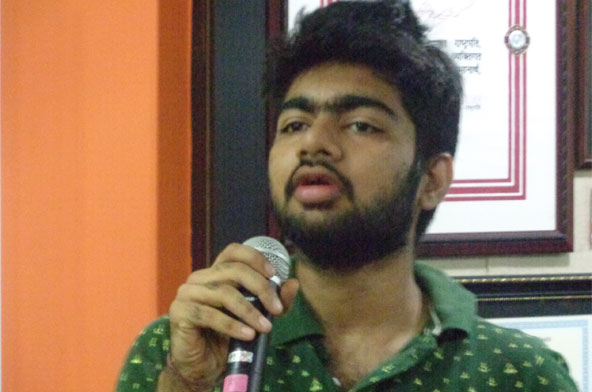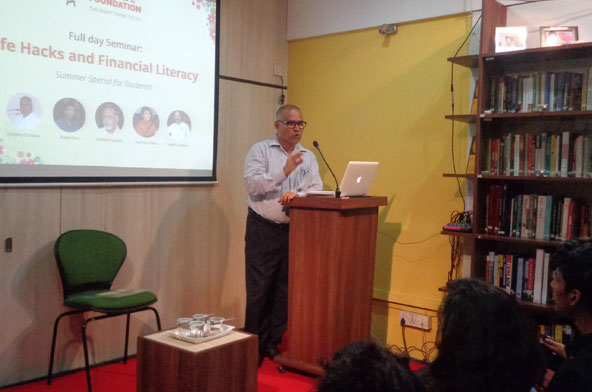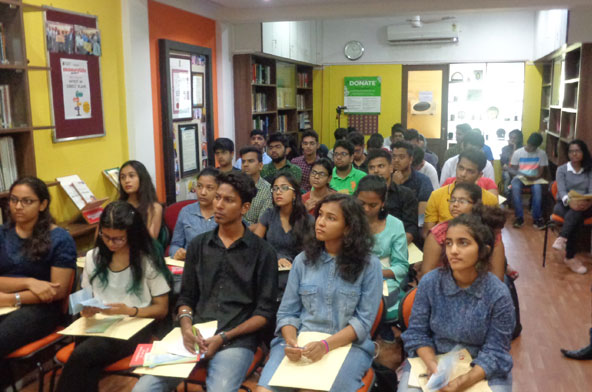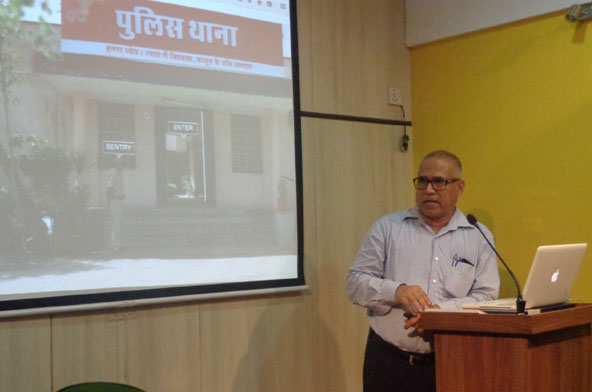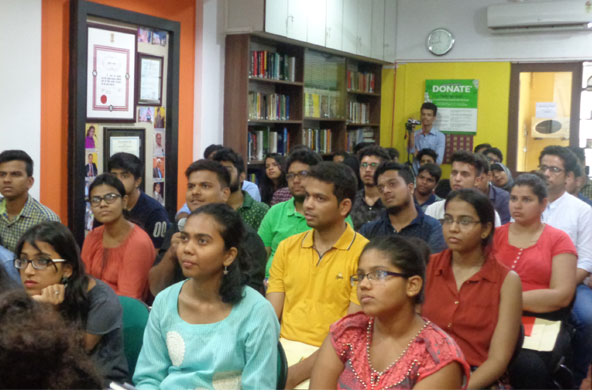
Dolphy D’souza, Convener of Police Reforms Watch, on Friday spoke on several issues that youngsters needed to know while dealing with the police. He was speaking at a day-long summer special seminar organised by Moneylife Foundation for young students in Mumbai.
Speaking on ‘Police & You – Laws and Sections of the IPC that are crucial to you’, Mr D’souza explained the importance of knowing one’s rights, especially while dealing with an enforcement agency. He started his session by highlighting the Supreme Court’s order on the zero first information report (FIR), where one can file an FIR at any police station, irrespective of where the incident has taken place.
The complaint is then transferred to the concerned police station. He explained how a zero FIR filed in Delhi led to the arrest of Asaram Bapu in Gujarat. He also highlighted the difference between FIR, cognisable and non-cognisable offences.
Further, the civic activist explained the basic tricks to tackle police officials. He states that a blend of politeness, assertiveness and persistence is what works while dealing with police officials. “In case the officer in charge refuses to file your FIR, the senior inspector must be notified.”
He also mentioned that the senior-most police officers are available on social media or chat applications like WhatsApp to resolve public grievances. “Law and order is not just the responsibility of the police, it is also the responsibility of the citizens who must support the system.” Mr D’souza added.
If one is witness to a fight, it may not be possible to intervene because of various limitations. In which case he advises students to notify the police about the incident and provide them with the location details. The control room then notifies the beat marshals in the locality.
Mr D’souza stated that the beat marshals can reach any spot in the vicinity of a police station in an average time of three minutes. He says, “One needs to cut one’s fears as there is always an element of risk in whatever one decides to do. It is the risk that one decides to take that transits everything.”
He also explained that the demolition of structures put up by hawkers comes under the jurisdiction of the municipal corporation and not the police department. He said, “During such drives, police are present to protect municipal corporation officials and to maintain law and order. They have no legal stand in the matter.”
Mr D’souza also emphasised the need for youngsters to communicate with parents, especially while dealing with issues like sexual harassment and bullying. He encouraged students to file a complaint and not be afraid, as there were effective laws against such offences. As for cybercrime, a compliant must be filed with the local police station.
During the interaction, Mr D’souza showed a demonstration of a virtual police station guide set up by the Rajasthan Police Academy, which enables one to virtually visit the Police station using the 360 degree tool.
“One must understand that 99% of the people police officials interact with are criminals and this affects their tone and language,” Mr D’souza says, while encouraging students to visit their local police station, even if it is to simply acknowledge the good work done by police officials. This, he believes will help youngsters develop a rapport with the police.


